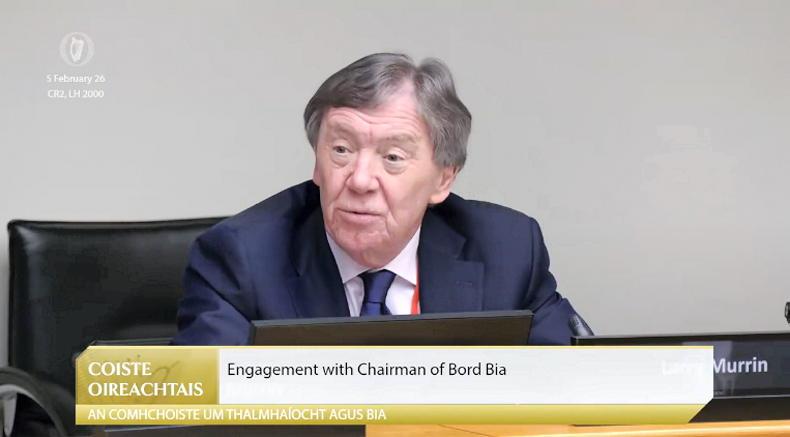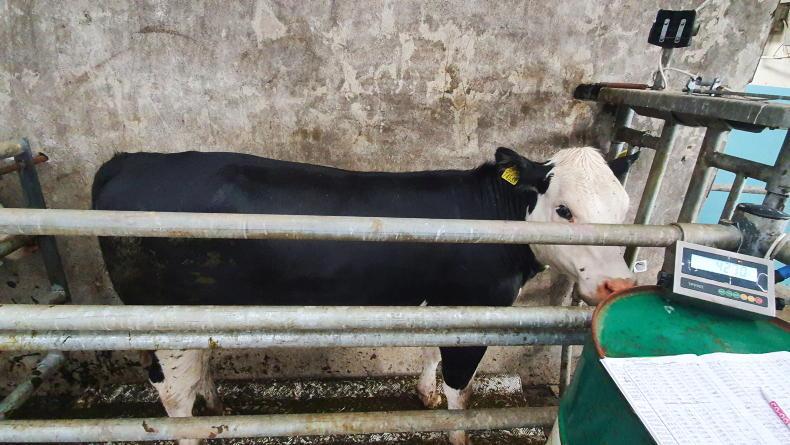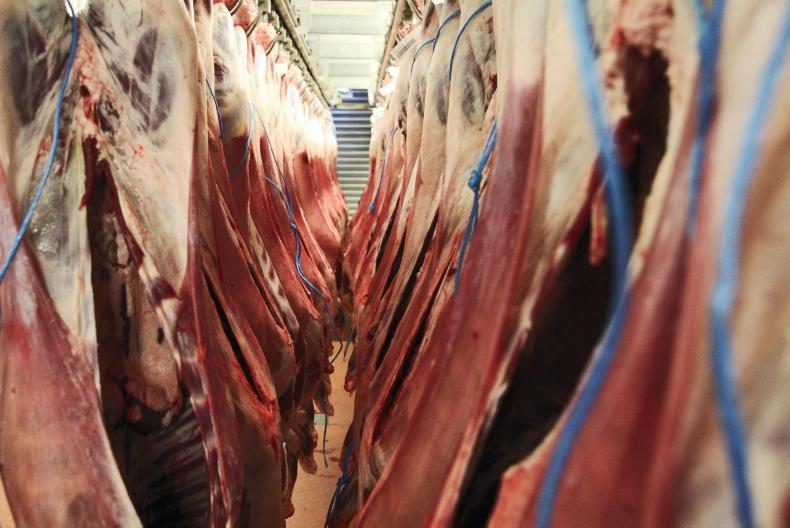With the EU leg of the CAP deal concluded, the focus switches to the development of Ireland’s national plan for delivery of the CAP to Irish farmers.
Alongside this, will be development of the 2030 climate targets for Irish agriculture with the rest of the economy en route to net zero by 2050.
These are major issues for Minister for Agriculture Charlie McConalogue and probably for future agriculture ministers as well.
The office will also have responsibility for the delivery of the EU unfair trading practices (UTP) legislation in Ireland
However, there is another area of policy where Minister McConalogue will have almost exclusive control and that is the creation of an ombudsman for the food industry. The office will also have responsibility for the delivery of the EU unfair trading practices (UTP) legislation in Ireland.
Consultation on the setting up of the office closed for submissions on 11 June and the Department of Agriculture recently hosted a webinar on the delivery of UTPs and the creation of a food ombudsman. It was addressed by Christine Tacon who was the UK grocery code adjudicator from its establishment in 2013 until last year.
Farmer expectations
Farm leaders have long called for the creation of an ombudsman in the expectation that it will bring fairness to trade between factory and farmer in what is a David-and-Goliath relationship.
However, the UK model wouldn’t come near to meeting this expectation because it was focused on the relationship between processors and major retail customers. It succeeded on removing some of the sharp practices on order cancellation or switching and payment terms and these have been largely replicated in the EU UTP legislation.
farmers will look to a future ombudsman to provide an explanation
For farmers, the relationship that matters is the one with the factory that buys their livestock, milk or grain. With prices buoyant at the minute, the role of the ombudsman may not be a priority.
However, if prices return to the doldrums, farmers will look to a future ombudsman to provide an explanation. They might also hope that an ombudsman may be able to do something about prices but this will not happen as an ombudsman will not interfere with the market.
What they can be given the authority to do by the minister is to bring real transparency to the trade, something frequently referred to by Minister McConalogue. Now is his big chance to deliver and put in place a structure that will provide transparency well beyond his political career.
The co-op and plc model in the dairy sector means that farmer suppliers can see the profitability and investments undertaken by the creamery they are supplying their milk to
The need is greatest in the meat sector where private companies dominate and the publication of audited accounts is the exception rather than the rule.
Farmers may see this as a means of hiding excessive profits but in a high volume, low-margin business of equal concern should be the financial strength of the companies that farmers sell their livestock to.
The co-op and plc model in the dairy sector means that farmer suppliers can see the profitability and investments undertaken by the creamery they are supplying their milk to.
The concern raised by the marts this week about having to pay interest on deposits in their accounts from which farmers are paid is a reminder of the responsibility in that sector.
US model
Publication of accounts would be a start but there is much more the minister needs to do to bring transparency and, in time, confidence to farmers in trading with factories.
The biggest and most successful meat companies in the world operate in the US where they are subject to reporting to the USDA on every step of the chain from stocks to prices secured on volumes of sales. It works similar to the price reporting model in Ireland and the EU for livestock, taking it from when the animal enters through the factory gate until it goes out again in a box to the customer.
The minister can do nothing on the day-to-day price paid by factories to farmers
Visibility can help to build confidence in the supply chain which is critical when trade is bad. It won’t put more money in the farmers’ pockets but if farmers can see for themselves what factories are getting for beef then understanding will be increased.
The minister can do nothing on the day-to-day price paid by factories to farmers but he has a once-in-a-lifetime opportunity to put in place a structure of transparency that allows all participants to have knowledge on the trade beyond the farm gate in the way that knowledge is freely available on the volume and value of livestock traded from farms through price reporting.
Get it right and the minister will have provided a service of lasting value to farmers, but get it wrong and it will be no more than a useless and expensive quango.










SHARING OPTIONS